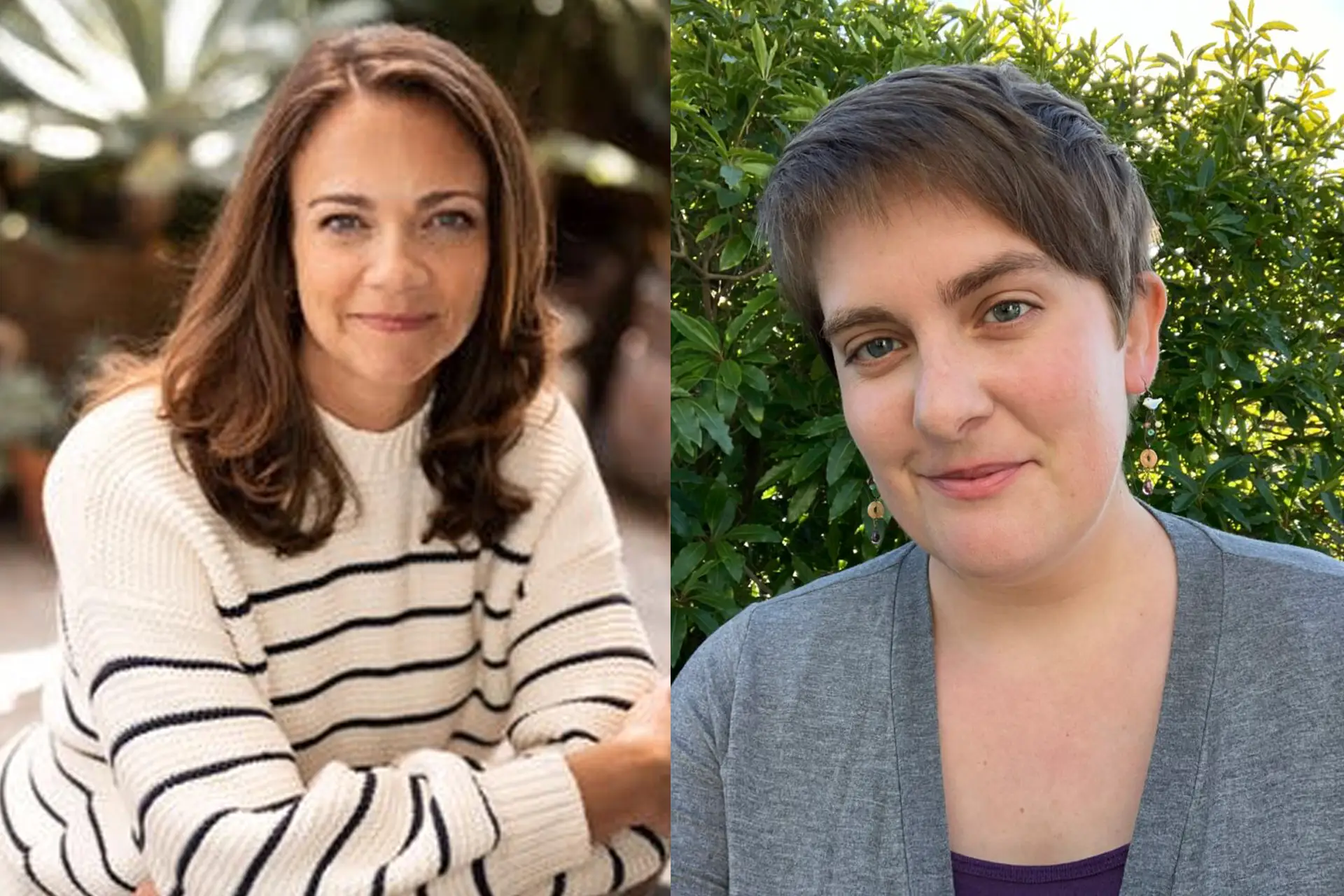While serving as a clinical supervisor can be a rewarding aspect of mental health practice, supervision is also a challenging and ever-evolving specialty that requires significant effort, patience, and skill. This course will provide participants with an up-to-date review of emerging evidence and best practices in modern supervision, including effective use of technology, integration of measurement-based care, and the provision of helpful feedback to trainees. Contemporary legal, ethical, and cultural considerations will be integrated throughout. Through presentation of data and real-world examples, this course will help participants develop cutting-edge, evidence-based skills in the effective practice of clinical supervision.
Course Objectives
At the conclusion of this course, participants will be able to:
- Identify two ethical challenges unique to telesupervision
- Describe how to implement at least one evidence-based measurement tool into supervision planning
- Identify at least three challenges in conducting accurate measurement of supervisee skill
- Identify at least three core principles of providing effective feedback to supervisees
Instructional Level
This CE program is free to Kaiser Permanente employees.
Instructional Methodology
Lecture
Audio/Visual
On-line Presentation
Continuing Education Information
Kaiser Permanente Mental Health Training Programs (KPMHTP) is approved by the American Psychological Association to sponsor continuing education for psychologists. KPMHTP maintains responsibility for this program and its content.
Kaiser Permanente Northern California Mental Health Training Programs designate this live activity for 6 hours continuing education credits for the above-identified licensed professionals.
Refund and Attendance Policy
This session is free to all Kaiser Employees. There is no known commercial support for this program. For questions and requests for information, please contact our program evaluator: supria.k.gill@kp.org
IMPORTANT NOTICE: Those who attend the program in full and complete the appropriate evaluation form will receive CE credits. Please note that credit will only be granted for those who attend the entire lecture.

